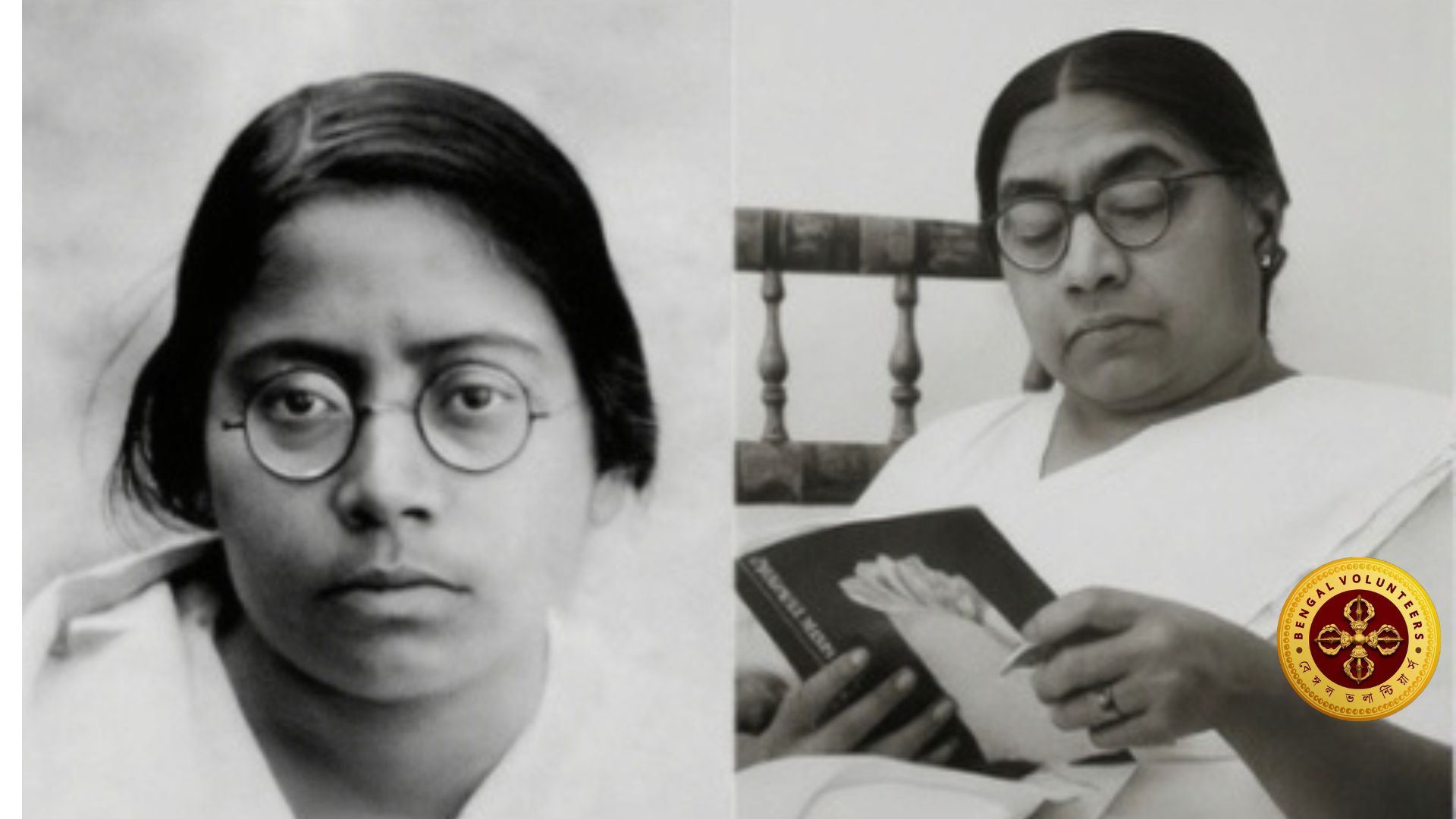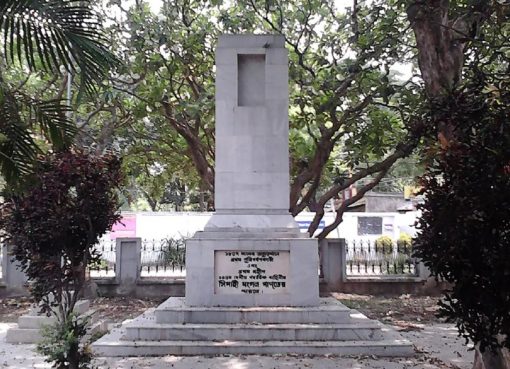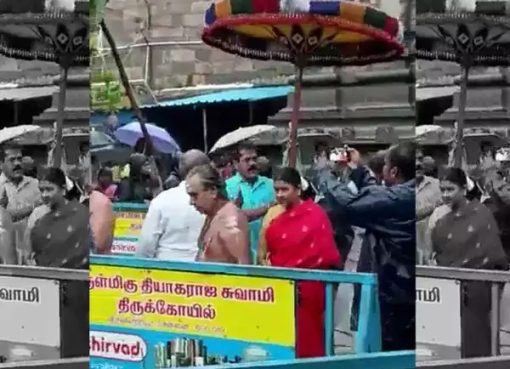In the history of India’s freedom struggle, countless women stepped beyond the boundaries imposed by colonial rule and conservative society to fight for independence. Among these remarkable figures stands Ujjwala Majumdar, a young Bengali revolutionary whose courage and conviction made her an important—though often overlooked—member of the Bengal Volunteers, a militant organization active during the 1930s. Her participation in the attempted assassination of Sir John Anderson, the Governor of Bengal, on May 6, 1934, highlights both her personal bravery and the intensity of anti-colonial resistance in Bengal during that era.
A Revolutionary Spirit Born in Bengal
Ujjwala Majumdar grew up in a time when Bengal was a burning center of political unrest. Repressive laws, widespread police brutality, and the execution or imprisonment of beloved nationalist leaders helped fuel a charged environment in which many young men and women felt compelled to take up arms. The Bengal Volunteers, formed initially as a volunteer corps under Subhas Chandra Bose, evolved into an underground revolutionary group after 1928, committed to eliminating oppressive British officials through targeted actions.
Ujjwala was one of the few women who not only joined the organization but took part in direct operations. Unlike many female activists who worked in supportive roles—carrying messages, sheltering fugitives, or supplying materials—Ujjwala trained with firearms, learned operational strategy, and participated in high-risk missions. Her decision was influenced by both her nationalist beliefs and the atmosphere created by years of British crackdowns, including mass arrests and the increasing use of brutal methods of interrogation.
The Political Climate Behind the Attack
By 1934, Bengal had become a battleground between revolutionaries and colonial authorities. Governor Sir John Anderson, appointed in 1932, was known for his harsh policies. He introduced repressive administrative measures and expanded police powers to suppress revolutionary activity. His tenure quickly earned him the hostility of militant nationalists.
The Bengal Volunteers, already responsible for several high-profile assassinations—including those of District Magistrates Douglas and Burge—saw Anderson as the architect of intensified repression. Eliminating him was viewed not only as an act of revenge but as a symbolic strike against colonial tyranny.
Planning the Attempt of May 6, 1934
The plot to assassinate Anderson was elaborate, involving multiple revolutionaries assigned to different observation and attack roles. Ujjwala Majumdar was one of the key participants. Her involvement showed the trust placed in her by the organization and her willingness to undertake a mission that could easily end in death.
Anderson was scheduled to visit Midnapore, a district with a deep revolutionary history and strong presence of the Bengal Volunteers. The plan was to target him during a public event, taking advantage of the limited mobility and predictability that such official visits often entailed.
Ujjwala’s primary responsibility was to help with intelligence gathering, disguise, and movement of weapons, and to act as a backup operative if a main attacker failed. Women were less likely to be suspected or searched thoroughly, making her role crucial in ensuring weapons could be smuggled close to the site. Her familiarity with organizational discipline allowed her to coordinate with others while maintaining strict secrecy—an essential requirement, as arrests or leaks could lead to devastating consequences.
The Day of the Attempt
On May 6, 1934, the Bengal Volunteers launched their attempt. The operation, however, did not unfold exactly as planned. Anderson’s security arrangements were tighter than anticipated, and while attempts were made on his life, he ultimately survived. Several revolutionaries were arrested in the aftermath, but others—including Ujjwala Majumdar—managed to evade capture for a time.
Even though the mission did not succeed, it sent a powerful message. It demonstrated that even the highest colonial officials were vulnerable, and that young Indians—women included—were willing to risk everything for independence.
Legacy of Ujjwala Majumdar
Ujjwala Majumdar’s contribution to the freedom struggle highlights the essential role played by women in militant nationalism. She broke gender norms not through symbolic participation but through direct involvement in armed rebellion. Her actions, along with those of her comrades, helped sustain the spirit of resistance in Bengal during one of its most turbulent periods.
Though not as widely known as some of her contemporaries, Ujjwala’s life stands as a testament to the breadth of India’s independence movement. She represents an entire generation of young women who refused to be silent observers and instead became active agents of change.
Her story is a reminder that the struggle for freedom was not only fought by those whose names appear in textbooks, but also by countless others whose courage shaped the destiny of a nation.

শ্রী অনিমিত্র চক্রবর্তী হলেন একজন সাংবাদিক ও বিভাগীয় লেখক (columnist) এবং বেঙ্গল ভলান্টিয়ার্সের এক সক্রিয় কর্মী।





